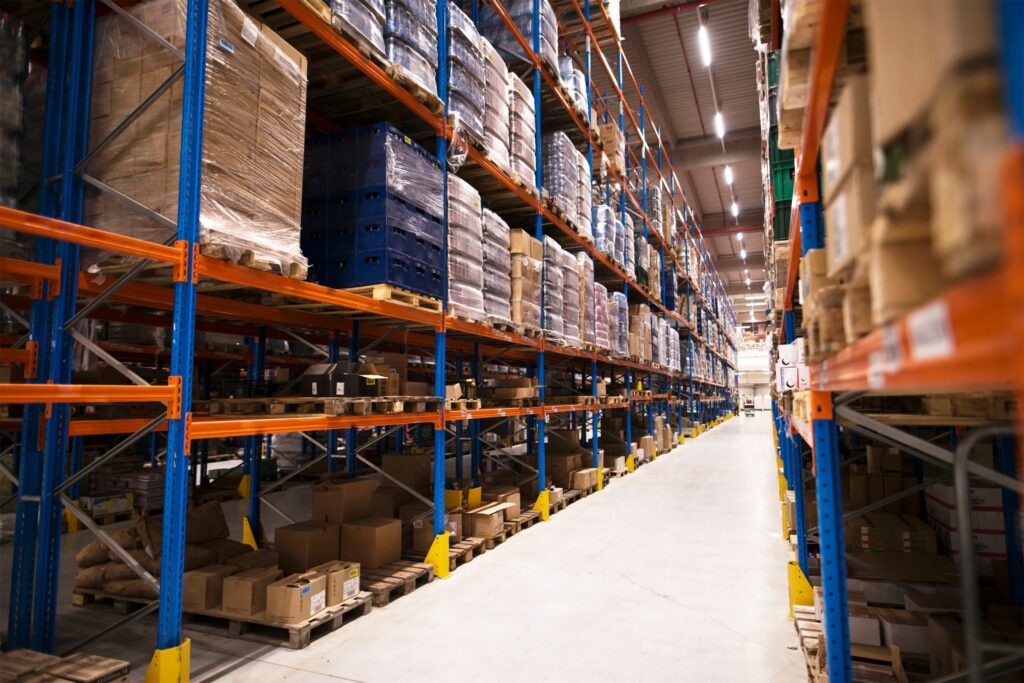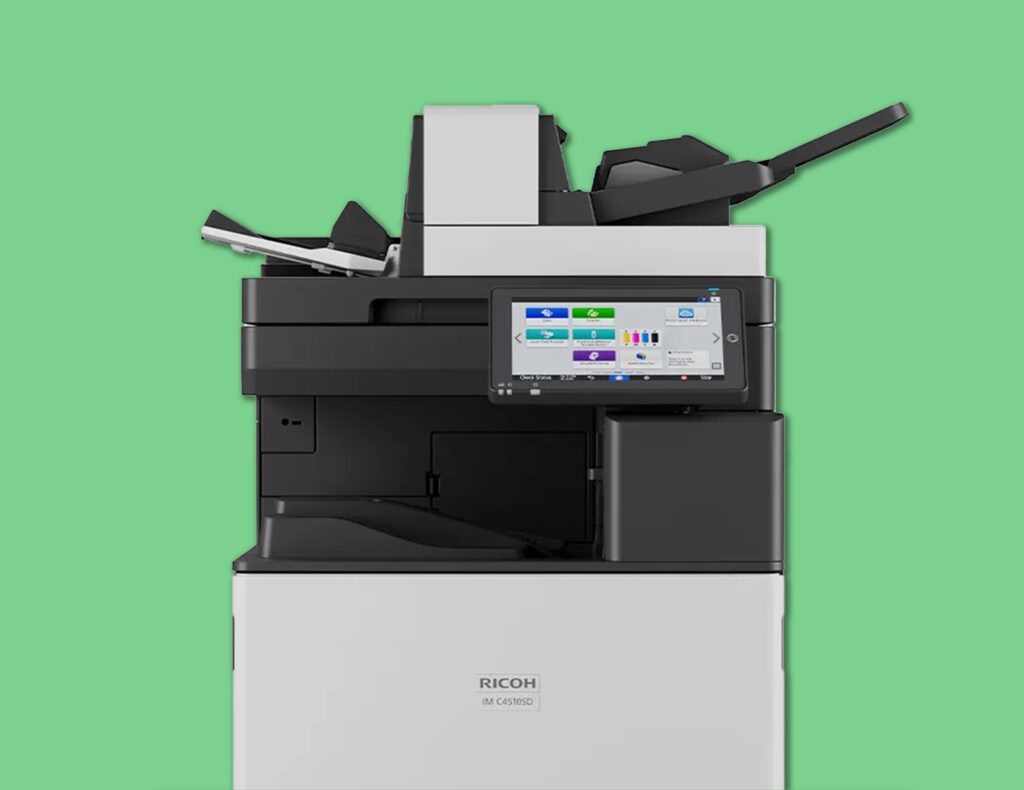
When it comes to protecting your company’s critical records, whether they’re medical files, financial documents, legal archives, or HR records, security and compliance should be non-negotiable. While moving boxes to a self-storage unit may seem convenient, it won’t meet the strict standards required for data privacy, disaster protection, or long-term document retention.
The solution? Partnering with a secure offsite records storage facility built specifically to protect sensitive business documents.
In this post, we’ll outline the must-have safeguards and capabilities you should look for in a professional storage provider, so you can confidently store your records offsite without putting them (or your business) at risk.
Why Security in Offsite Storage Matters
Paper documents may not be as flashy as digital data—but in many industries, they’re just as sensitive. Whether governed by HIPAA, SOX, GLBA, or industry-specific retention laws, your paper records require serious protection.
A professional offsite storage facility goes beyond just keeping your boxes dry. It provides:
- Controlled access to prevent unauthorized viewing
- Environmental protections to preserve documents long-term
- Detailed tracking and audit trails to maintain chain of custody
- Regulatory compliance that aligns with your industry’s requirements
Top Features of a Secure Records Storage Facility
1. 24/7 Security and Surveillance
Your storage provider should offer:
- Round-the-clock monitored surveillance (interior and exterior)
- Secured perimeter fencing and restricted entry points
- Alarm systems connected to local authorities
- Onsite security personnel or response protocols
2. Climate-Controlled and Humidity-Managed Storage
Paper documents are highly sensitive to heat, cold, moisture, and pests.
Look for a facility with:
- Stable temperature control (typically between 65–72°F)
- Humidity regulation to prevent mold and paper degradation
- Pest control programs
- Fire-resistant building materials and protocols
Climate control is especially important for storing archival records, medical charts, and blueprints.
3. Fire Suppression and Disaster Preparedness
A secure storage facility should be built with disaster protection in mind. Make sure they offer:
- Fire suppression systems (dry systems preferred to protect paper)
- Smoke and heat detection sensors
- Flood protection (raised floors or flood barriers)
- Redundant power supplies and generators
- Disaster recovery plans in place
The goal is to keep your records safe from both environmental and human threats.
4. Barcode-Based Inventory and Chain of Custody
You should never lose track of a document once it’s offsite.
Look for providers that use:
- Barcode or RFID tracking on every box and file
- Digital inventory management systems with client access
- Detailed logs of every retrieval, transfer, or destruction
- Optional scan-on-demand delivery for urgent access
This kind of visibility ensures accountability and supports compliance audits.
5. Regulatory Compliance and Industry Experience
Ask whether the provider adheres to:
- HIPAA (for medical and health records)
- GLBA (for financial data)
- SOX (for public company documentation)
- FERPA (for student and academic records)
- State-specific record retention laws
Also, confirm if they can certify document destruction when records reach the end of their lifecycle.
Learn how we support HIPAA and compliance-based storage →
6. Timely Retrieval, Scan-on-Demand, and Delivery
Your storage partner should offer multiple retrieval options to support your day-to-day operations:
- Physical file delivery (same-day, next-day, or scheduled)
- Scan-on-demand for digital access to specific documents
- Secure transportation via GPS-tracked or locked vehicles
- Online portal for tracking and requesting records
This ensures that storing your documents offsite doesn’t mean giving up access to them.
Questions to Ask Your Offsite Storage Vendor
- What security certifications or audits do you have in place?
- How is the facility monitored, and who has access?
- What disaster preparedness plans are in place?
- Can we inspect or tour the facility?
- How quickly can we access our records?
- Do you offer indexing and digital inventory access?
- Are your staff background checked and trained for compliance?
Not all document storage providers are created equal. Choosing a secure offsite records storage facility isn’t just about finding room for boxes—it’s about safeguarding your business, ensuring compliance, and maintaining easy access to the records that matter most.
By knowing what to look for—and what questions to ask—you can make an informed, confident choice that supports your long-term information strategy.
Looking for secure storage with compliance built in? Talk to us →



